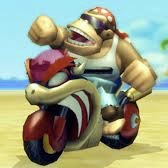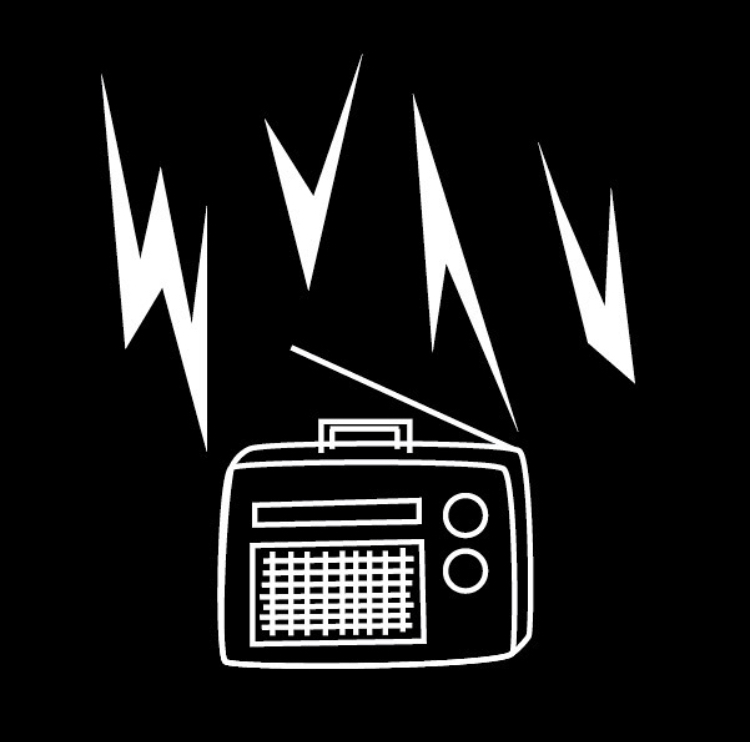
Gen-Z Nostalgia, 90s Electronic Music, and Video Games: An Unrelated Analysis
October 30, 2022
In my last article, I left off on a bit of a cliffhanger. Now I plan to see my analysis through: how do video games have anything to do with the 90s electronica revival?
The answer comes from the history of electronic music and video games. The influence video games and electronic music have had on each other is far from trivial, the technology behind both media evolving relatively in tandem, with synthesizers becoming popular in the late 60s to early 70s and the first video games appearing around the same period. This connection was strengthened as video games frequently used electronic sounds and music as the 8-bit format did not always allow for more complex acoustic scores. As processing power increased, video games were able to play higher quality music, and by the 90s they had started incorporating soundtracks of all varieties. But the connection to electronic music ran deep, meaning that many classic 90s games drew upon electronic styles that were emerging at the same time. This golden era of video games just so happened to coincide with the golden era of electronic music, particularly in the UK, where house, garage, drum n bass, techno, and trance all were becoming extremely popular.
The list of games that have soundtracks influenced by 90s electronica is incredibly long, but there are some that made a mark not just as soundtracks, but stand-alone entries into this type of electronica. Take the Street Fighter III: 3rd Strike OST for example: a rousing mix of lo-fi house, breakbeat, garage, and hip-hop, the music has an undeniably classic sound, with many of the songs sounding like they could be echoing out of a mid-90s London club on an autumn evening. The Half-Life OST, by contrast, draws from more underground influences; the plodding techno beats and haunting ambient tracks sound like a cut from an unreleased Aphex Twin tape. RPGs like Persona 1 got in on the action, with orchestral themes sitting next to swirling acid house. Nearly every racing game in the 90s had some form of raging electronic score, but Sonic R’s trance and house heavy OST set the bar high, with euphoric vocals over pounding, twisting instrumentals.
Classics like these and many more set the tone for video game music for the next twenty years, with video game music far into the 2000s and even 2010s drawing from this lineage. Mario Kart Wii’s rainbow road soundtrack is a drum n bass song; the excitebots racing soundtrack is comprised of EDM and trance heavy; Valve continued using IDM in their Portal series as well as Half-life; Ico had a sparce but clearly 90s-influenced ambient score – even indie games like Undertale and Monument Valley have twisting breakbeat and IDM tracks. And while many of these soundtracks built upon their references and become influential in their own right, the nascent themes of 90s electronica were preserved through them in a way that modern popular music refused to do.
This, I believe, is a key force driving the revival of these genres in the mainstream. Millenials and Gen-Zers who grew up playing these games heard this type of music on repeat at a young age, exposing a wider audience to styles of music that otherwise may not have made it out of the rave scene save for a few one-off singles. The ubiquity of console games, especially the wii, allowed for this type of music to seep into the core memories of young adults when they were children. In this way, Gen-Z developed nostalgia for genres that came about before they were even alive, and in the wake of COVID, where many were left to try to return to the innocence taken from them, demand for these genres came roaring back.
This was, at least, the case for me – my own appreciation for 90s electronica came during the pandemic when I began hearing the music that seemed so strangely familiar. It’s taken me until recently to connect the dots of my love for this type of music, but now it makes perfect sense. While I may not be nostalgic for the 90s themselves, 90s-inspired music was a big part of my childhood as it was for so many others. As such, I’ll always have a special relationship with this type of music and it makes perfect sense that young people are finally reconnecting with the musical styles that made their childhoods special.
